Blog Post
As Simple as Porting Your Mortgage!
Team Gill • Aug 25, 2020

As simple as porting your mortgage! Said by no one ever. The truth is, there is nothing simple about porting your mortgage.
“Porting your mortgage” involves transferring the remainder of your existing mortgage term, outstanding principal balance, and interest rate to a new property. This is of course, if you are selling your current home and buying a new one.
Despite what some of the big banks would lead you to believe, porting your mortgage is not an easy process. It’s not a magic process that guarantees you will qualify for the purchase of a new property using the mortgage you had on a previous property. In addition to completely re-qualifying for the mortgage, and having to qualify the property you are purchasing, there are a lot of moving parts that come into play. It seems that executing a port flawlessly is like having the stars align perfectly, chances are, it’s not going to happen. Here are a few reasons why:
You may not qualify for the mortgage.
- Let’s say you are moving to a new city to take a new job, if you are relying on porting your mortgage in order to buy a new house, you will have to substantiate your new income. If you are on probation, or have changed professions, there is a chance the lender will decline your application. Porting a mortgage is a lot like qualifying for a new mortgage, just with more conditions.
The property you are buying has to be approved.
- So let’s say that your income is in good shape, and that you qualify for the mortgage, the property you want to purchase has to be approved as well. Just because they accepted your last property as collateral for the mortgage, doesn’t mean the lender will accept the new property. An appraisal will be required, and the condition of the property you are buying will be scrutinized.
Value’s are rarely the same.
- How often do you buy a property that is exactly the same value as the one you just sold? Not very often. And when it comes to porting your mortgage, if the value of the new home is higher than the outstanding balance on your existing mortgage, you will most likely have to take a blended rate on the new money, which could increase your payment. If the property value is considerably less, you might actually incur a penalty to reduce the total mortgage amount. If the value of the properties are different, the terms of your mortgage will be amended anyway!
You still need a downpayment.
- Porting a mortgage isn’t just a simple case of swap one property for the another and keep the same mortgage. You’re still required to come up with a downpayment on the new property.
You will most likely have to pay a penalty.
- When you sell your house, most lenders will charge the full penalty and take it from your sale proceeds of your property. They will of course refund it back to you when you execute the port and purchase the new property. So if you were relying on the proceeds of sale to come up with your downpayment on the property you are purchasing, you might have to make other arrangements.
Timelines almost never work out.
- It’s rarely a buyers and a sellers market at the same time. So although you may be able to sell your property overnight, you might not be able to find a suitable property to buy. Alternatively, you might be able to find many suitable properties to purchase while your house sits on the market with no showings. And when you do end up selling your property, and finding a new property to buy, chances are the closing dates won’t match up perfectly.
Different lenders have different port periods.
- This is where the fine print in the mortgage documents comes into play. Did you know that depending on the lender, the period of time you have to port your mortgage can range from 1 day to 6 months? So if it’s 1 day, your lawyer will have to close both the sale of your property and the purchase of your new property on the same day, or the port won’t work. Or with a longer port period, you run the risk of selling your house with the intention of porting the mortgage, only to not be able to find a suitable property to buy.
So as you can see, although porting your mortgage may make sense if you have a low rate that you want to carry over to a property of similar value, it is always a good idea to get professional mortgage advice and look at all your options.
Please contact us anytime
if you would like to discuss mortgage financing, we’d love to work with you!
Sign up to to our newsletter to hear weekly updates on market news, timely buyer/seller tips, and up to date rates
Mick & Sheila Gill
CANADIAN MORTGAGE EXPERTS

RECENT POSTS

By Team Gill
•
09 Apr, 2024
Although it’s ideal to have your mortgage paid off by the time you retire, that isn’t always possible in today’s economy. The cost of living is considerably higher than it has ever been, and as a result, many Canadians are putting off retirement, hoping to make just a bit more money to add to that nest egg. So if you find yourself in the position where you’re considering your mortgage options into retirement, you’ve come to the right place. The advantage of working with an independent mortgage professional instead of a single bank is choice. When you work with an independent mortgage professional, you won’t be limited to an individual institution’s products; rather, you will have access to considerably more options. Here are some options available to older Canadians as they plan for mortgage financing through their retirement. Standard Mortgage Financing If you’ve got a steady income, decent credit, and equity in your home, there is no reason you shouldn’t qualify for standard mortgage financing, which usually comes at the lowest interest rates and best terms. Some lenders use pension and retirement income to support your mortgage application even if you’ve already retired. Reverse Mortgage Financing A reverse mortgage allows Canadian homeowners 55 years and older to borrow money from their homes with no proof of income, no credit check, and no health questions. A reverse mortgage is a fabulous mortgage solution that has helped thousands of older Canadians enhance their lifestyle. Home Equity Line of Credit (HELOC) A line of credit secured to the equity you have in your home is an excellent tool to allow you to access money when you need it but not pay interest if you don’t need it. Many older Canadians like the idea of rolling all their expenses and income into one account. Private Financing If you happen to be in a bit of a tight spot, you have a plan but need a financial solution; private financing might be the answer. Indeed not the first choice for many because of the higher interest rates. However, private financing can provide you with options where a traditional bank can’t. If you have any questions about securing mortgage financing for your retirement, please connect anytime. It would be a pleasure to work with you and walk you through all your options.

By Team Gill
•
26 Mar, 2024
You’d think an online calculator is a pretty straightforward device, one that you should be able to place your confidence in, and for the most part, they are. Calculators calculate numbers. The numbers are reliable, but how you interpret those numbers, not so much, especially if the goal is mortgage qualification. If you rely on the numbers from a “What can I afford” or “Mortgage Qualification” calculator without talking to an independent mortgage professional, you’re going to be misinformed. Don’t be fooled. Even though an online mortgage calculator can help you calculate mortgage payments or help you assess how additional payments would impact your amortization, they’ll never be able to give you an exact picture of what you can afford and how a lender will consider your mortgage application. While mortgage calculators are objective, mortgage lending isn’t. It’s 100% subjective. Lenders consider your financial situation, employment, credit history, assets, liabilities, the property you are looking to purchase. Then, they will compare that with whatever internal risk profile they are currently using to assess mortgage lending. Simply put, they don’t just look at the numbers. An online calculator is a great tool to help you run different financial scenarios and help assess your comfort level with different payment schedules and mortgage amounts. However, if you rely on an online calculator for mortgage qualification purposes, you’ll be disappointed. The first step in the mortgage qualification process is a preapproval. A preapproval will examine all the variables on your application, assess your financial situation, and provide you with a framework to buy a property based on your unique circumstance. Securing a preapproval comes at no cost to you and without any obligation to buy. It’ll simply allow you the freedom to move ahead with confidence, knowing exactly where you stand. Something a calculator is unable to do. Please connect anytime if you’d like to talk more about your financial situation and get a preapproval started. It would be a pleasure to work with you.
MICK GILL
Tel: 604-828-1557
Email: gillmortgageteam@gmail.com
SHEILA GILL
Tel: 604-828-5141
Email:
gillmortgageteam@gmail.comm
DYLAN GILL
Tel: 778-255-1557
E-mail:
gillmortgageteam@gmail.comom
OFFICE
22314 Street NW
Calgary AB
T2N 1Z6
Compliance Officer:
Gord Appel
(403) 714-4663
gord.appel@axiom.ca
Broker Of Record:
Gord Ross
800-517-8670 ext 301
gord@axiommortgage.ca

